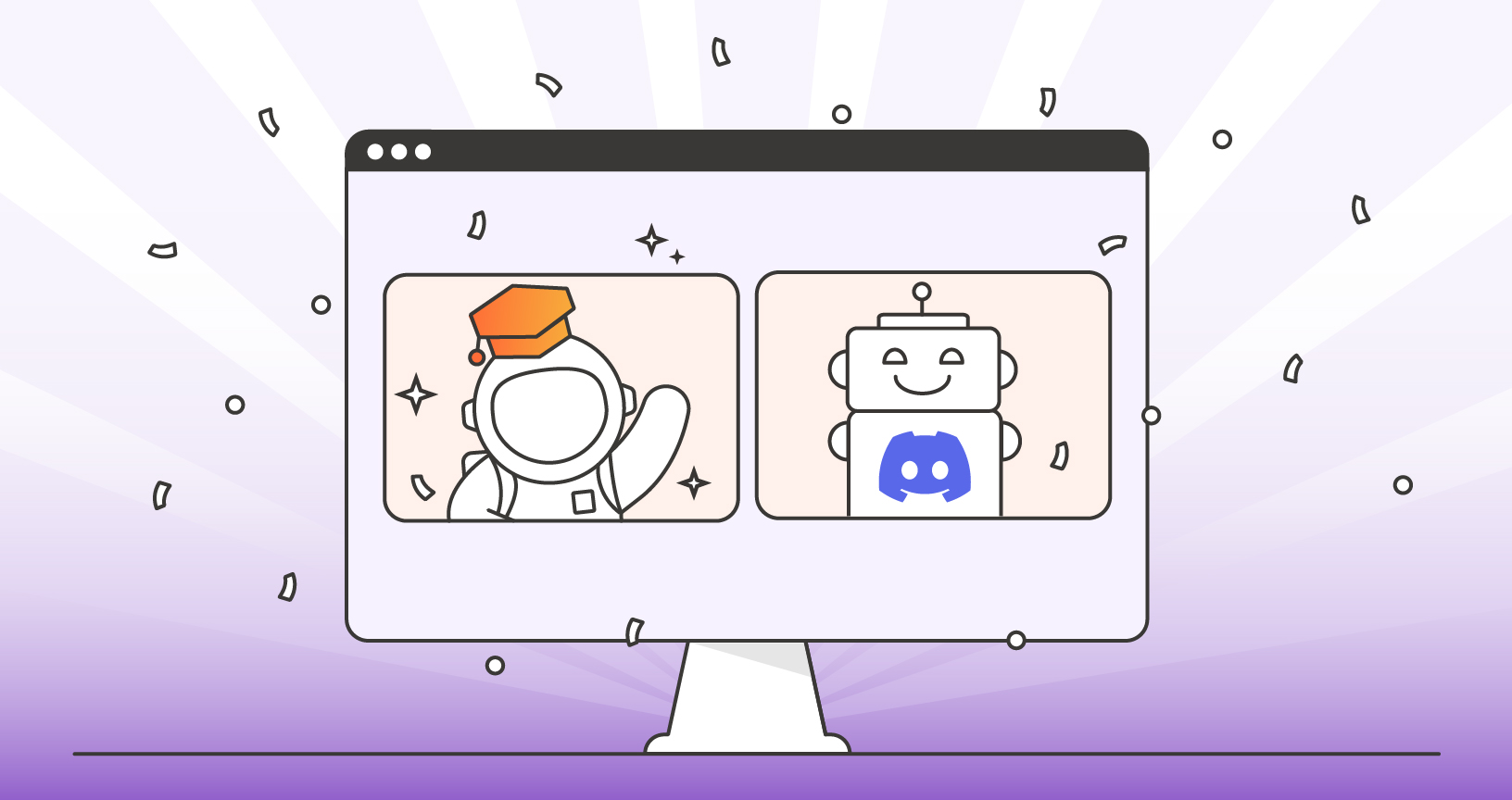Meet a Postman Student Leader and His Discord Bot
Meet Çetin Kaan Taşkıngenç, an accomplished Postman Student Leader. In this special Q&A, Çetin shares his journey as a Student Leader, how he created a Discord bot that helps keep the spam at bay on our Postman Student Discord Server, and his advice for current and future Postman Student Leaders.
 Name: Çetin Kaan Taşkıngenç
Name: Çetin Kaan Taşkıngenç
Postman Student Leader: Since 2021
School: Yaşar University
Year: 3rd year
Degree: BASc in Management Information Systems
Internships: Currently an assistant full-stack SDE at MindWorks; previously a full-stack SDE Intern at Univerlist
You’re very active in the student community. What do student communities mean to you?
Student communities played a significant role in both my career and my life. Student communities allowed me to meet and network with many highly skilled and like-minded people. I view student communities as a place where I can make my voice heard by thousands of people. The events and content I release in student communities get viewed by many people. This motivates me to create content and help better the community. These contributions come back to me as meaningful networks and highly sought-after skills. Although student communities have many other benefits, the best talent I acquired from student communities is my public speaking and presentation skills. The events I hosted in student communities highly contributed to my growth as a public speaker.
Tell us more about the Discord bot you created for the Postman Student Discord Server.
I made a free open source security Discord bot called the “Postman Student Helper” (the name might change in the future). Currently, it has blocked more than 640 attacks. I created this bot to help the community and save students’ Discord accounts from getting stolen. Before starting this project, I happened to have some prior Discord bot development experience, so I already loved developing Discord bots.
After I joined the server, I noticed many Discord communities were experiencing heavy phishing attacks and stealing accounts. Those stolen accounts were then used to spread more of these phishing links. The most common phishing links were about Discord Nitro since there was a recent free Discord Nitro opportunity. I added a simple feature to detect the word “nitro” and delete the message. Even though this solution was pretty basic and was not the best possible solution, it surprisingly helped and prevented many phishing attacks. But as I said, since it’s a pretty basic way of dealing with the problem, it failed to detect many scam/phishing links that did not contain the word “nitro.” To address this, the power of open source came in.
Postman Student Programs Curriculum Engineer Claire Froelich came in with a solution. We implemented a distance detection system to the bot to detect links that look like “discord.” Most of these phishing links were fake Discord websites. Almost all of them contained a phony version of the keyword “discord.” They included “discorde,” “disord,” “discrod,” etc. Since these links copied Discord, they were sometimes not noticed by users. This system detected these unnatural links using a distance algorithm.With the upgraded scam detection system, the bot was on a roll for detecting and deleting phishing links. I added some extra fun features to the bot, such as posting programming memes from Reddit and a “project ideas section” where the bot gives students project ideas to work with.
It turned out great, and I’m delighted with the project the community and I developed together.
What was it like to work on an open source project with the Postman Student Team? What difficulties did you face, and how did you overcome them?
It was an exciting experience, and I learned a lot. I make almost all my projects open source, but this was the first open source project that I developed together with a community. The main difficulty we faced was finding a better solution instead of just relying on “nitro” keyword detection. First, I thought about implementing a neural network to the project so all the messages could be scanned and the neural network could decide if they were a phishing link or not. The main problem was that I had little experience with AI development and thought it would be very CPU-consuming and slow to scan every message. Luckily, with the power of open source, Claire Froelich came up with the distance detection system I mentioned earlier.
Another difficulty I faced was with hosting. I especially wanted to host the project myself to learn more about the cloud and Docker. At first, I ran into some hiccups, but it helped me grasp some of the concepts in the DevOps space a lot.
What were some events you’ve hosted to help promote API literacy in and around your campus? And what are some insights you’ve gained in the process?
I’ve hosted many events both online and onsite. The events I hosted were mostly events to introduce students to APIs. They were like API 101 and API 102. I first explained how APIs work non-technically, using many real-world examples and fancy visuals. I noticed that using animations and fancy images helped beginners understand the use case and the importance of APIs. I also almost always include a quiz at the end of my workshops. Many students told me that the quiz, in the end, was enjoyable and they liked it. I recommend a great website called Quizizz for creating fun and engaging quizzes. Quizzes are also a great way to keep the audience engaged if there is no access to computers for them to demo.
What advice do you have for other Postman Student Leaders or students who are thinking of applying to become a Student Leader?
1. My first advice would be to get familiar with APIs and backend development. Since Postman focuses heavily on APIs and has a vision for the API-first world, it would be very beneficial to at least know how APIs work and why they are important.
2. My second advice to upcoming Student Leaders would be to try to create content and host events. For example, you can try to reach out to any of your student clubs at your university to start a collaboration and host a beginner-friendly event. This can give you a great experience in hosting events and public speaking. Those two skills are critical if you want to become a student leader.
3. If you cannot collaborate with a student club, you can try creating technical content online on social media platforms. This can also give you great soft skills and demonstrate that you are highly motivated and interested in helping students.
How you can get involved with Postman Student Programs
- Interested in becoming a Postman Student Leader? The first step is applying to be a Postman Student Expert here.
- Already a Postman Student Expert? Become a Postman Student Leader by applying here.
- Are you an educator? Learn about our Postman Classroom Program for educators here.

What do you think about this topic? Tell us in a comment below.